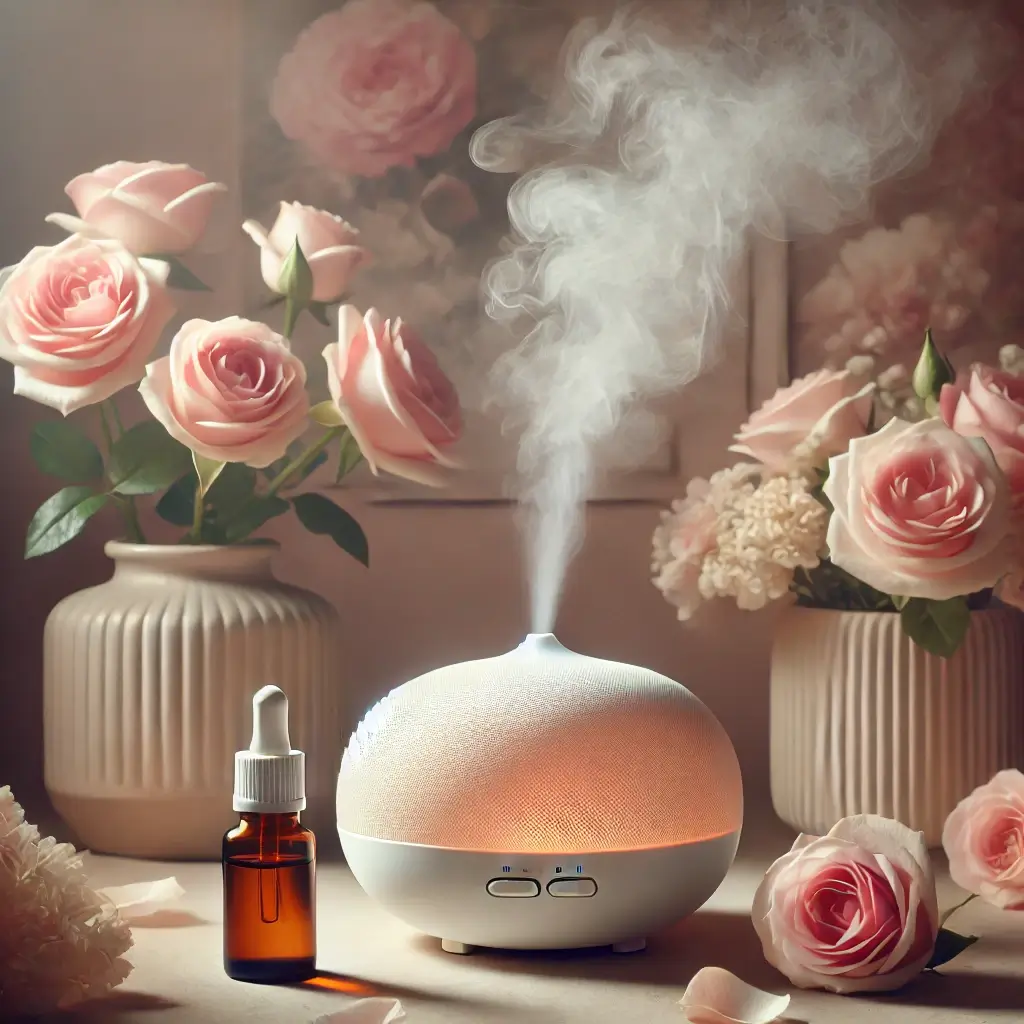Discover the Healing Properties of Rose Essence for Mind and Body Balance
The Power of Rose Essence
Rose essence, also known as rose oil, is widely utilized in aromatherapy due to its possible stress and anxiety-relieving effects. The aromatic properties of rose oil can activate the olfactory nerves, delivering information to the brain’s limbic system, which regulates emotions.
Stress-Reducing Mechanisms
Studies have shown that rose oil inhalation may help reduce stress chemicals like cortisol. It works by stimulating the olfactory system, activating brain areas connected with emotions, such as the amygdala and hippocampus. This can trigger physiological responses, including a decrease in heart rate and blood pressure.
Additional Health Benefits
Beyond stress reduction, rose oil inhalation may offer other health benefits. It has demonstrated anti-inflammatory and antioxidant qualities, potentially helping with arthritis and skin aging. Some studies suggest it can even improve cognitive function and memory.
Anxiolytic Potential
Research indicates that rose oil may have anxiolytic properties, which can help alleviate anxiety symptoms.
Aromatherapy Applications
Rose essence can be used in aromatherapy through diffusion or topical application. Diffusers spread the scent throughout a space, while diluted rose oil can be applied to pulse points for a more targeted effect.
Important Considerations
Always dilute rose oil before topical application to avoid skin irritation. Consult a healthcare professional if pregnant or breastfeeding. Ensure you purchase rose oil from a reputable supplier to guarantee quality.
Conclusion
While research is ongoing, rose essence offers promising benefits for relaxation and stress relief. Consider consulting a healthcare expert before incorporating rose oil aromatherapy into your wellness routine.













